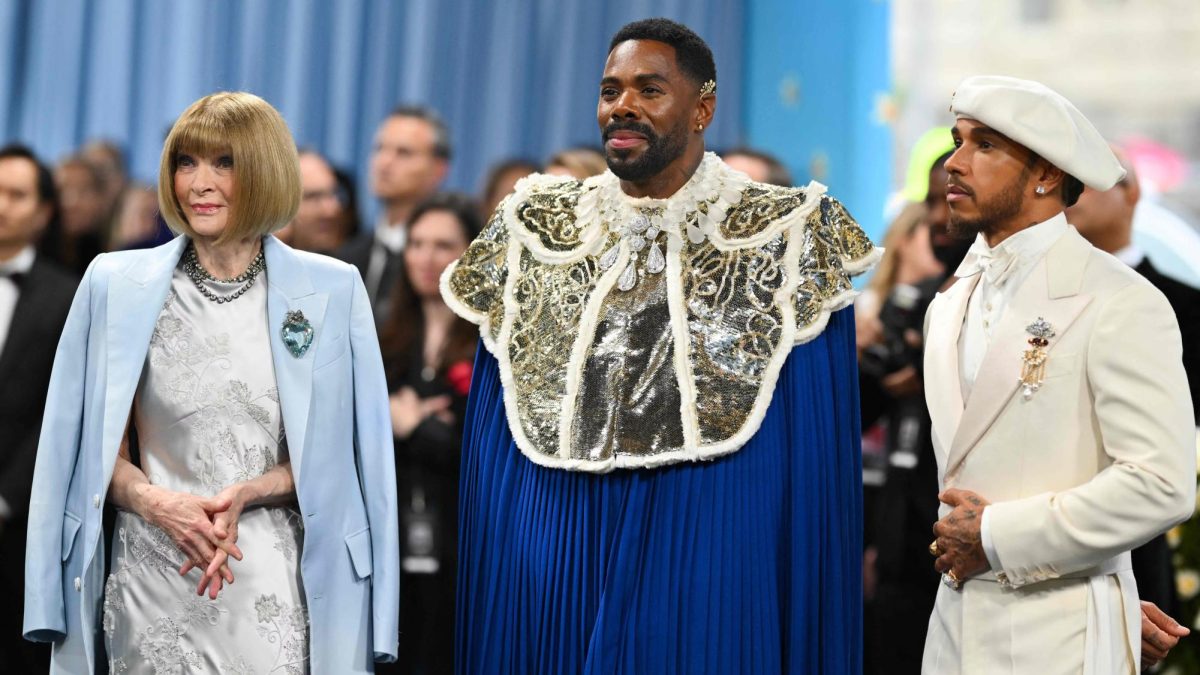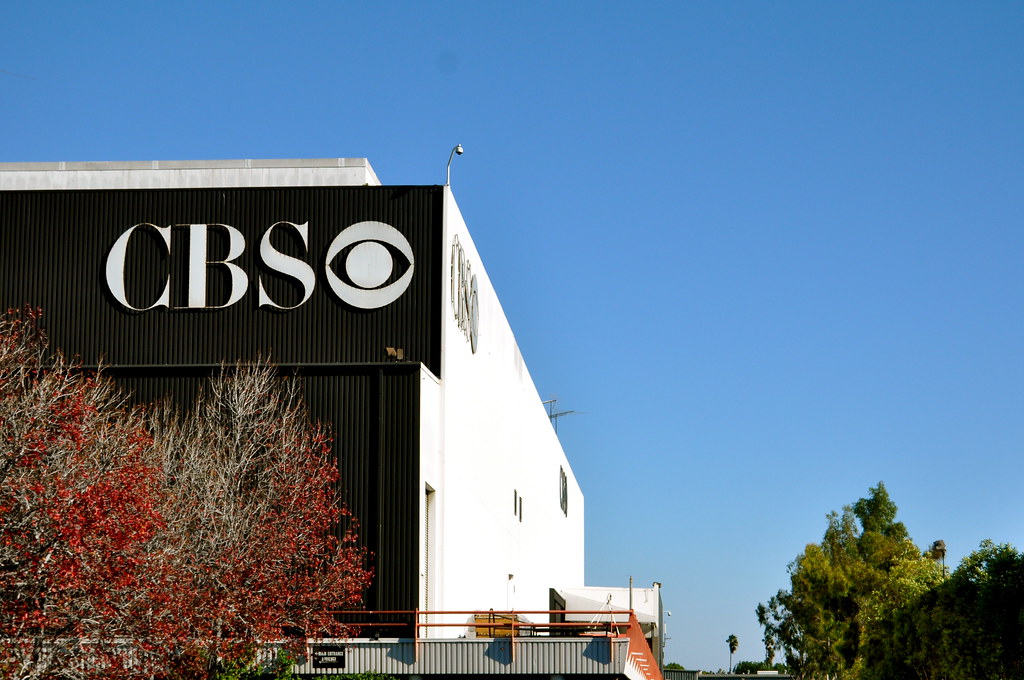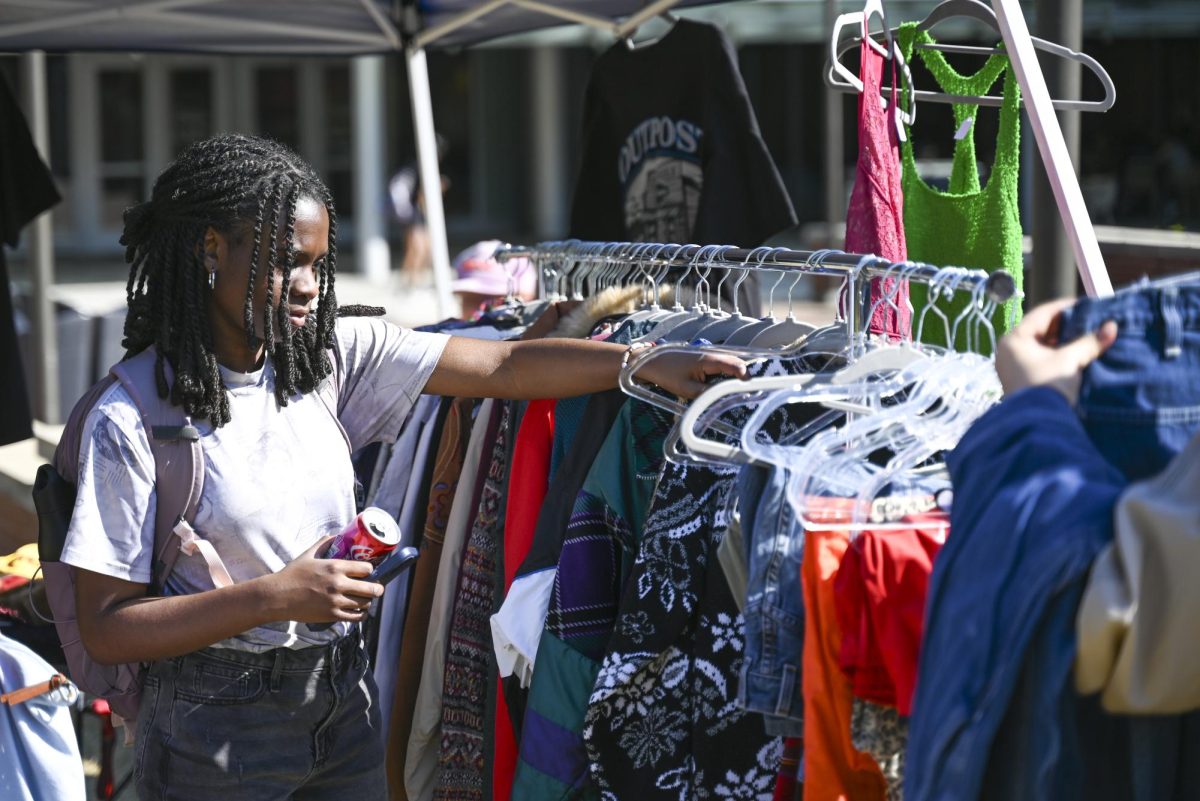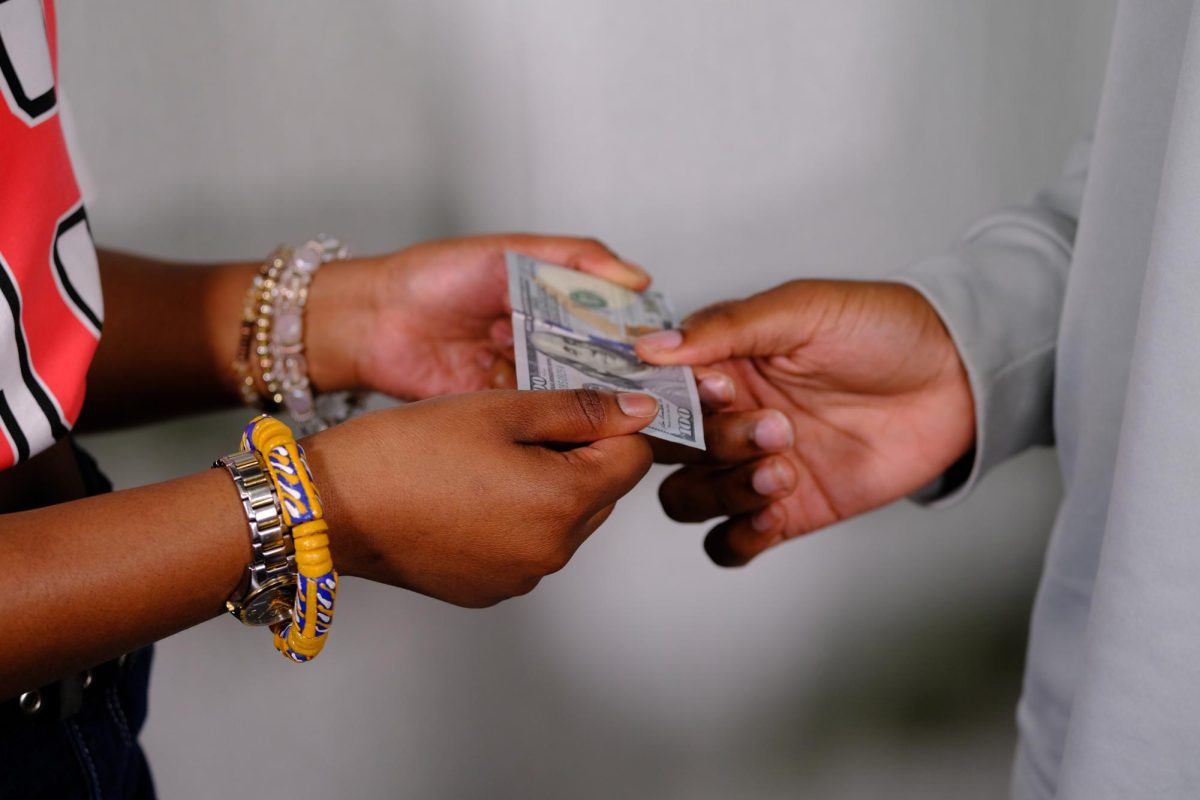One common problem I think we all face in America today is what to call each other. Since we as a university strive to better our understanding of diversity, this subject tends to reoccur. The last thing we want to do is offend someone, so we try to be as politically correct as possible. Sometimes an issue such as this can get us into trouble.
I have had a few friends who were not African-American try to describe a black person to me, but they would always dodge around the word “black.” I would ask them “Well, what did this girl look like?” They would proceed to tell me she was tall, thin and any other word they could come up with. When it came to skin color they would always pause. It occurred to me that they were afraid to call her “black.” At first I did not understand why it was such a big deal. Then as I continued talking to them I found that they genuinely did not know that black was not a derogatory term. They were trying so hard not to sound offensive that they were at a complete loss for words.
In my experience, I have never seen a black person become angry over being called “black.” I cannot say this for all black people, but to me the term does not sound offensive. Yes, there are others that prefer the term African-American, or person of African descent and etc. One thing people need to realize is that when you try too hard to not be offensive you may come across as offensive anyway. This goes not only for race but for things like religion, sexuality, etc.
If you find that someone is uncomfortable and confused about how to address you, just tell them. Reassure them that you know they do not mean to cause you any harm. Even though we are all meshed together on this campus, we have not been properly educated on how to talk to each other. I do not think calling someone “black” is the same as calling them “the n-word.”
Now, there are those black individuals that wish to be addressed as “Black American” rather than “African American.” In a psychology class I had, we talked about this specific topic. There were those who felt as though they had no ties to the African way of life, so they did not want “African” to be in their title.
There are also those who take great pride in being called “African American.” They may not always have direct ties to Africa, but they are proud to say that they are descendents of the enslaved people that were brought over to America.
Personally, I do not mind which one I am addressed as. I do tend to call myself both. My father is originally from the Democratic Republic of Congo and so are many of my family members. I am proud of this because Africa in itself is so rich in culture. So I take pride in being called an African-American.
There are also others that do not want any kind of ethnic or racial definition in their title at all. They would just like to be described as “American.” This is not because they are ashamed to be black or because they want to be associated with another race. These are the people that feel that the ethnic and racial titles are part of the racism problem. They feel that by separating themselves from others, these titles actually widen the gap between us as a country. So if everyone were just American then it would cut down on the “us against them” idea.
The bottom line is that no one can ever be sure of what to call anyone. Take a stab at it, and if they do not respond positively, ask them what they prefer to be called. I am sure that people would not get angry with someone simply by asking them their preference on labels. If they do, then your friendship with them should be questioned. If you are of African descent and someone asks what you want to be called do not get mad and think “They should know this” because they don’t. Be proud of who you are and be proud to speak out.






